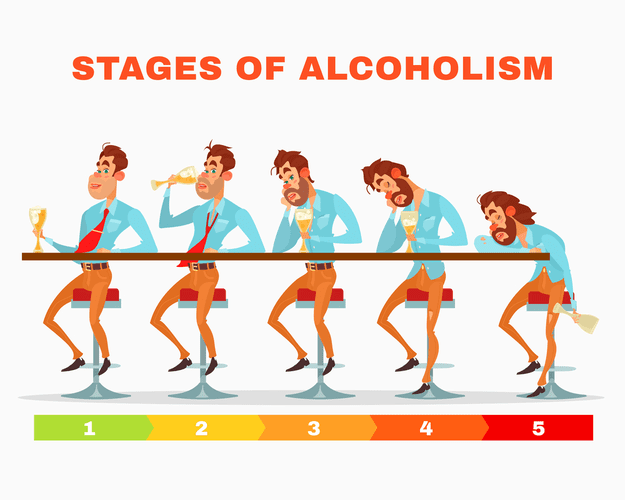To reduce your stress during withdrawal, try doing some light exercise, like going for a walk or riding your bike. You might also try journaling or spending some time with a supportive friend. Mindful meditation is another great way to reduce your anxiety and help prevent cravings and future relapses. To learn how to find an inpatient detox center, read more from our Medical co-author. If nightmares are impacting your quality of life, it’s time to talk to a healthcare provider who can help. They can help get to the bottom of what’s causing your nightmares and develop a treatment plan.
Alcohol Shakes vs Delirium Tremens
Tremors or shakes during alcohol withdrawal are involuntary, rhythmic muscle contractions leading to shaking movements in one or more parts of the body. They most commonly affect the hands, but they can also occur in the arms, head, and even the voice. For mild alcohol withdrawal that’s not at risk of worsening, your provider may prescribe carbamazepine or gabapentin to help with symptoms. It affects about 50% of people with alcohol use disorder who stop or significantly decrease their alcohol intake. AUD is the most common substance use disorder in the U.S., affecting 28.8 million adults. Enjoyable activities relieve stress and cravings, which in turn helps to reduce alcohol shakes.
You’re Trying To Quit Drinking Cold Turkey:
The “how to get rid of shakes from alcohol withdrawal” question is one that only a trained medical professional can answer, self-medication may do more harm than good. However, this can be quite unpleasant and requires the counsel of a medical specialist. Hepatic encephalopathy develops when the liver is unable to effectively filter toxins that can harm brain cells from the blood. If your shakes last longer than 24 hours, or if you’re concerned that they might be a sign of withdrawal, it’s best to talk with a healthcare professional as soon as possible. Low blood sugar might also play a role, as alcohol can have an impact on your body’s ability to monitor blood sugar levels.
- With alcohol out of the equation, though, these chemicals cause withdrawal symptoms.
- If you consistently consume significant amounts of alcohol, your CNS gets used to this effect.
- As the alcohol leaves your body, however, your central nervous system, along with part of your sympathetic nervous system, remains unbalanced.
- The results, which were published in the Journal of Studies on Alcohol and Drugs, suggest that mindfulness helped participants decrease their drinking.
Why Alcohol Shakes and Tremors Happen and What To Do

Find a supportive friend or family member to be with you while you withdraw and support your new non-drinking lifestyle. People who drink daily or almost every day https://thecupertinodigest.com/top-5-advantages-of-staying-in-a-sober-living-house/ should not be left alone for the first few days after stopping alcohol. Withdrawal symptoms can quickly go from a bad hangover to a serious medical situation.
- But when someone consumes large amounts of alcohol regularly, their body adapts to the continuous presence of alcohol.
- Seeing the stark evidence that your body has become chemically dependent on a steady flow of booze is a tap on the shoulder to take action before the addiction becomes even more serious….and it always does.
- However, anxiety is a relatively common symptom, and it is worse for individuals who are already prone to anxiety and panic attacks.
- A drug and alcohol addiction treatment center provides a serene environment where people with addictions can receive proper care and reorientation.
At this point, highly potent alcohol withdrawal shakes remedies should be considered. Again, shaking and tremors can also be a symptom of alcohol withdrawal syndrome, which can happen if you’ve been drinking for a while and suddenly stop or sharply reduce your intake. As you navigate through the challenges of alcohol withdrawal, it’s important to remember that you don’t have to go through it alone. Healthcare professionals, including doctors, nurses, and therapists, can provide the necessary support, medication, and therapy to help you get through this time safely. They’re trained to understand what you’re going through and can offer the treatment and guidance you need. Treatment for the shakes in alcohol withdrawal often involves the use of medications, such as benzodiazepines, which can help reduce the severity of symptoms.
Others report experiencing hangover shakes in their arms, eyes, head, and even their voice. But if your nightmares are getting in the way of your ability to enjoy your life, a healthcare Sober House provider can help get you on the right track. Studies show that 1 in 20 people experience a nightmare at least once a week, and some people have them even more often.